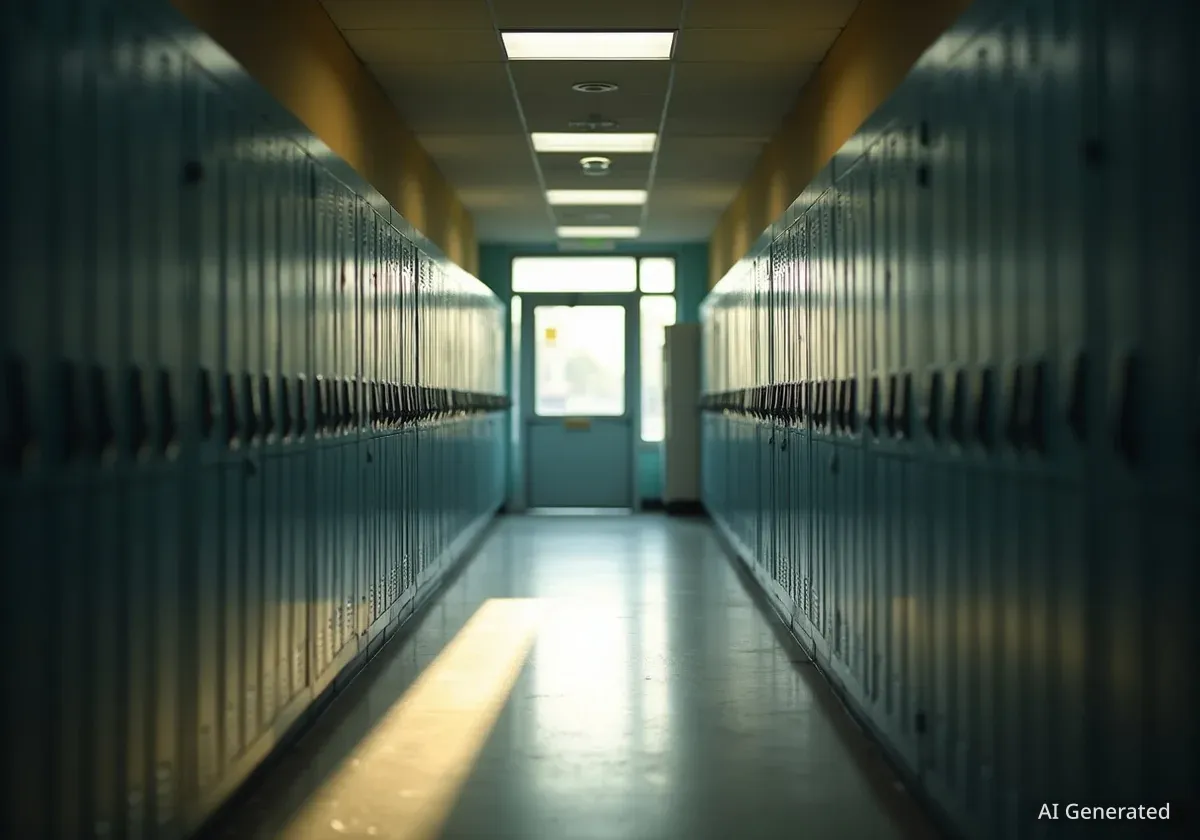A new law in Ohio, signed by Governor Mike DeWine, will permit public school students to be excused from class to attend religious instruction. The legislation, known as House Bill 57, mandates that local school boards establish policies for "released time" programs, allowing students to participate in off-campus religious studies during the school day with parental consent.
This change aligns public school options with practices already common in many private and parochial institutions. However, the law includes specific guardrails to ensure a clear separation between public education and religious activities, placing the financial and logistical responsibilities entirely on parents and sponsoring organizations.
Key Takeaways
- Ohio Governor Mike DeWine has signed House Bill 57 into law, allowing public school students to be excused for religious instruction.
- Participation requires parental consent, and students are responsible for any missed schoolwork.
- No public funds or school personnel may be used for the religious programs, including transportation.
- Students cannot be marked absent but are prohibited from leaving core curriculum classes to attend.
What the New Law Entails
House Bill 57 formally requires all public school boards across Ohio to adopt a policy authorizing students to be excused for what is termed a “released time course” in religious instruction. This move provides a structured framework for a practice that has been debated in various forms for years.
The law specifies time limits for participation. Students may be excused for at least one period each week. For middle school students, the maximum is set at two periods per week. High school students can earn up to two units of credit weekly through these external programs.
A critical component of the legislation is that students cannot miss core academic subjects to attend these courses. This provision ensures that participation in religious instruction does not interfere with essential education in subjects like math, science, English, and social studies. Students can only be excused from non-core or elective periods.
Understanding 'Released Time' Programs
"Released time" is a legal concept that allows public school students to leave campus during school hours to receive religious education. These programs are distinct from religious clubs that meet on school grounds after hours. The U.S. Supreme Court case Zorach v. Clauson (1952) upheld the constitutionality of released time programs, provided they are held off school property and do not use public funds.
Operational Guardrails for Schools and Families
To maintain a strict separation of church and state, House Bill 57 outlines several important conditions. The responsibility for implementing and managing these programs falls largely outside the public school system itself.
Strict Financial and Logistical Separation
The law is explicit that no public funds are to be used for any aspect of the religious instruction. This includes the cost of materials, instructor salaries, and facility usage. Furthermore, public school personnel are prohibited from being involved in providing the instruction.
Transportation is another key area addressed. The full responsibility for getting students to and from the off-campus location rests with the sponsoring religious organization, the student’s parent or guardian, or the student themselves. The school district will not provide any transportation, even for students with disabilities who typically receive such services for school activities.
"The student assumes responsibility for any missed schoolwork," the bill text clarifies, ensuring that academic accountability remains with the participant.
Parental Consent and Attendance
Participation is not automatic. Parents or legal guardians must provide written consent for their child to attend a released time course. This ensures that the decision remains firmly with the family.
The organizations providing the religious instruction are also tasked with responsibilities. They must:
- Maintain accurate attendance records for all participating students.
- Provide these attendance records to the student's school district upon request.
While students attending these courses will not be marked absent from school, the attendance data helps ensure the program is being used as intended and allows schools to maintain accurate records of student whereabouts during the school day.
Student Accountability is Key
Under the new Ohio law, students who participate in off-campus religious instruction are solely responsible for making up any classwork, tests, or assignments they miss. The school is not required to provide special accommodations beyond what is normally offered for excused absences.
A Statewide Policy with Local Implementation
While House Bill 57 sets the statewide framework, the practical details will be handled at the local level. Each school board is now tasked with creating and adopting a specific policy that aligns with the law's requirements.
This means parents will need to check with their local school district to understand the specific procedures for enrolling their child in a released time program. The policy will likely outline the process for submitting consent forms, the scheduling of eligible class periods, and the method for coordinating with external religious organizations.
The law does not endorse any specific religion or curriculum, leaving the content of the instruction entirely up to the sponsoring entities. The school's role is limited to excusing the student's absence from a non-core class, provided all legal requirements are met.





